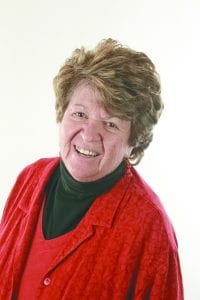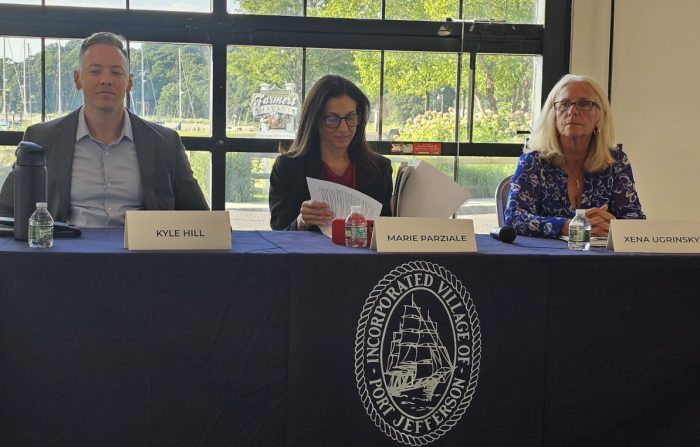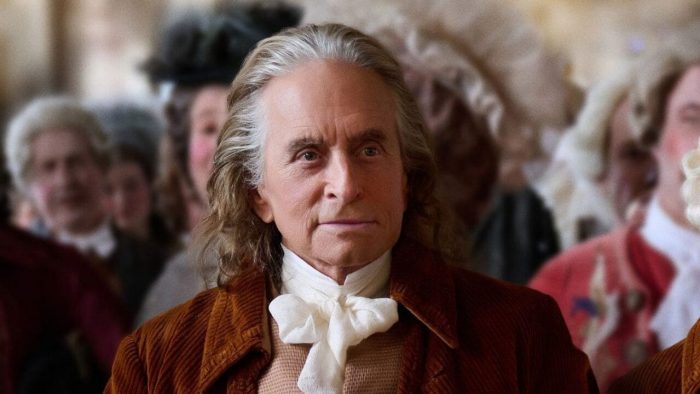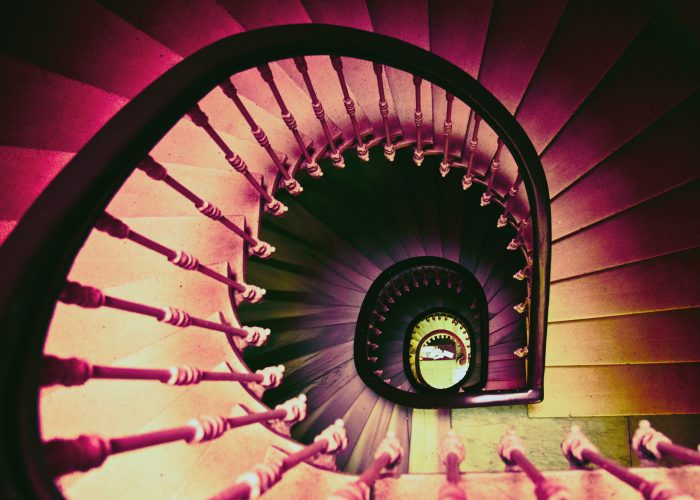By Leah S. Dunaief

Publisher
This month marks an anniversary of the Peking to Paris Road Race of 1907. Now there is a recent book to recount the adventure, “The Race to the Future,” by Kassia St. Clair. Five automobiles, so newly invented that people weren’t sure what to call them, turned out for the 9000-mile trip over unpaved deserts and mountains, rivers and forests to win the acclaim, and a magnum of Mumm champagne, that would go to the first person to reach the finish line.
More than a race, it was really a challenge to promote the use of motor cars. The Paris newspaper. “Le Matin,” on January 31, 1907 wrote the following:
“What needs to be proved today is that as long as man has a car, he can do anything and go anywhere. Is there anyone who will undertake to travel this summer from Paris to Peking by automobile?”
The race actually started in the other direction, from the French embassy in Peking (now Beijing) on June 10th and came down to between two very different men, ending on August 10th.
The winner was the car carrying the imperious Italian Prince Scipione Borghese, Ettore Guizzardi, who apparently did most of the driving, and journalist Luigi Barzini, who in 1908 wrote a book about the trip, “Peking to Paris.” Frenchman Charles Godard was the raffish driver of the second car, and he had no money, begged for petrol, borrowed the Dutch Spyker for the trip, and was arrested for fraud near the end of the race. One of the other cars, the three-wheel Contal cyclecar, bccame bogged down. Godard and the journalist with him ran out of fuel in the Gobi desert and almost died. Borghese’s personal car, The Itala, was technically superior to the others.
Gasoline and provisions were carried ahead by camel and horseback, and newspapers arranged for a reporter in each car to track the progress and send back articles. Because the race followed a telegraph route, stories could be posted regularly from the stations to Paris.
Some of the areas in Asia were so remote that people were unfamiliar with automobiles, only using horses to reach them. And St. Clair, in the book, recounts episodes like the search in the Urals for carpenters to repair the cars’ smashed wooden wheels. The direction of the book, however, is always forward, as can be guessed from the title. The decadent empires of Russia and China that the racers were traversing were fading but the adventure of the remote villages and primitive Siberian settlements must have been fantastic experiences.
The race has stimulated the imagination of many over the century, and there have been reenactments during that time. In 1908 The Great Auto Race, which went from New York west (by sea for part of the way) to Paris, tried to capture the excitement of that first race. When Russia became the USSR after the 1917 Revolution, that route was barred; only when the Soviet Union dissolved in the 1990, were racers allowed back.
Other routes for similar car races include the 1997 “Second Peking to Paris Motor Challenge” that went through Tibet, India, Pakistan, Iran, Turkey, Greece and Italy, a more southerly trail. And there have been others through the years.
For me, the excitement of the open road is irresistible, whether it is intercontinental or merely out east to the Hamptons. The unknown that lies beyond the next bend promises, if not rugged terrain, at least new sights, sounds and contacts. It’s not necessarily a race that beckons, only the adventure of the different and unexpected.
For me, the challenge is not the wild terrain but merely navigating the traffic. As the houses drop away and the farms and vineyards come into view, I can feel myself physically relax and breathe in the smells of flowering fields and sod farms.
I can only imagine the thrill of crossing unchartered lands.














